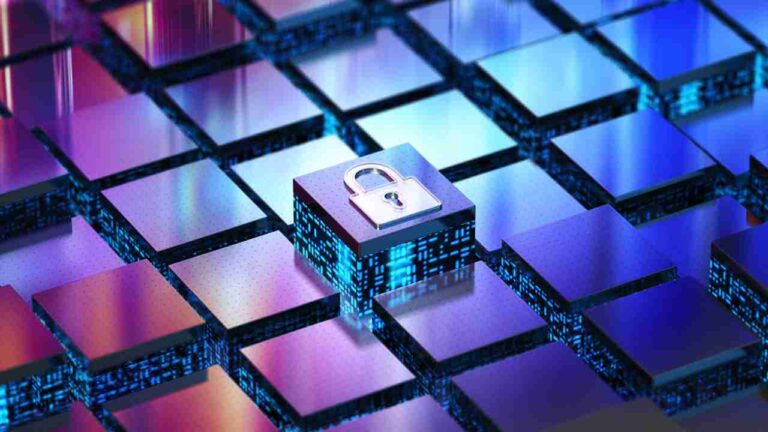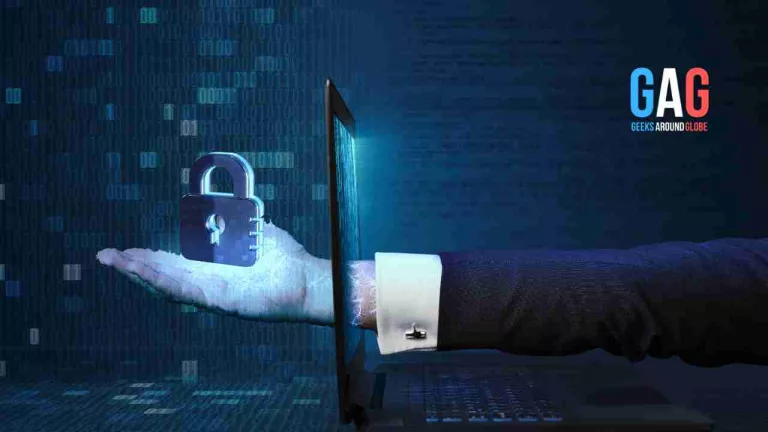As we use various digital products and services, passwords act as the gatekeepers to our personal and sensitive information. However, despite the warnings and constant reminders about cybersecurity threats, many people still use passwords that are as weak as an unlocked door. In this article, we’ll delve into the most common passwords people use, why they pose a significant risk, and how you can protect yourself from potential breaches.
How Not To Forget Your Password?
Remembering numerous complex passwords can be challenging, which is why using a password manager is highly recommended. Password storage apps securely store all your passwords in a safe vault, and can be accessed from your devices, including your phone. This allows you to generate and manage strong, unique passwords for each of your accounts without the risk of forgetting them.
The Most Common Principles of People Making Memorable Passwords
When it comes to creating passwords, convenience often takes precedence over security. People tend to opt for passwords that are easy to remember, often resorting to familiar words, names, or sequential numbers. Some common practices include using birthdates, pet names, or even the word “password” itself. Additionally, many individuals use simple patterns such as “123456” or “qwerty” based on the layout of the keyboard. Now, what lies behind these password choices?
Familiarity and Convenience
One of the primary reasons people opt for weak passwords is the desire for familiarity and convenience. They choose passwords based on easily recallable information such as birthdays, anniversaries, or names of loved ones. These details hold personal significance, making them easier to remember amidst the multitude of passwords one may need for various accounts.
Sequential or Pattern-Based Choices
Another common practice is to create passwords based on sequential or pattern-based elements. For instance, using “123456” or “qwerty” relies on the predictable layout of numeric or alphabetic characters on a keyboard. This method, while seemingly straightforward, poses a significant security risk as it can be easily guessed or cracked by automated hacking tools.
Having One Password Across Several Services
Despite the inherent risks, one common yet perilous practice is the use of a single password across multiple accounts or services. This approach, known as password reuse, stems from the desire to simplify password management and avoid the hassle of remembering multiple credentials. However, the convenience it offers comes at a significant cost to security.
Why They’re Dangerous
Using such predictable and easily guessable passwords exposes users to various cybersecurity threats. Hackers can employ brute force attacks or dictionary attacks, where automated programs systematically try different combinations until they crack the password. Moreover, if a password is compromised on one platform, individuals who reuse the same password across multiple accounts are at risk of having all their accounts breached.
The Solution: Generate a Strong Password
The key to safeguarding your online accounts lies in generating strong and unique passwords. A strong password typically consists of a combination of uppercase and lowercase letters, numbers, and special characters. Instead of using common words or phrases, consider creating a passphrase by stringing together unrelated words. For example, “pineapple$3Sunset&7” is a far more secure password than “password123.”
Some people may find it difficult to come up with near-nonsensical string of characters for their password. This is where password generators come in as they take away the confusion of creating strong passwords. What’s left is for you to remember it. Or do you even need to?
Unfortunately, as the role of the digital world grows in our lives, so do the cyber threats. Therefore, the importance of using strong and unique passwords cannot be overstated.
So, the next time you’re tempted to use “123456” as your password, remember that the security of your personal data is worth the effort of creating a strong and memorable passphrase. To take off the hassle and make your accounts secure at the same time, use password generators and safe storage.







